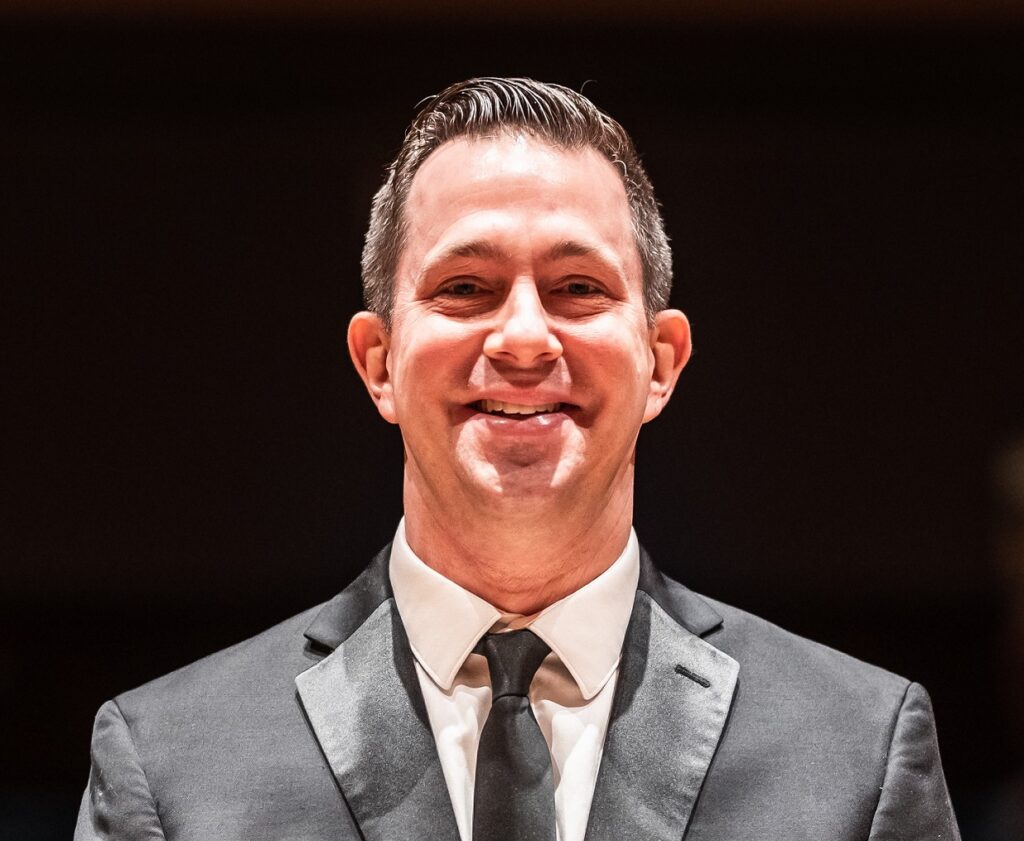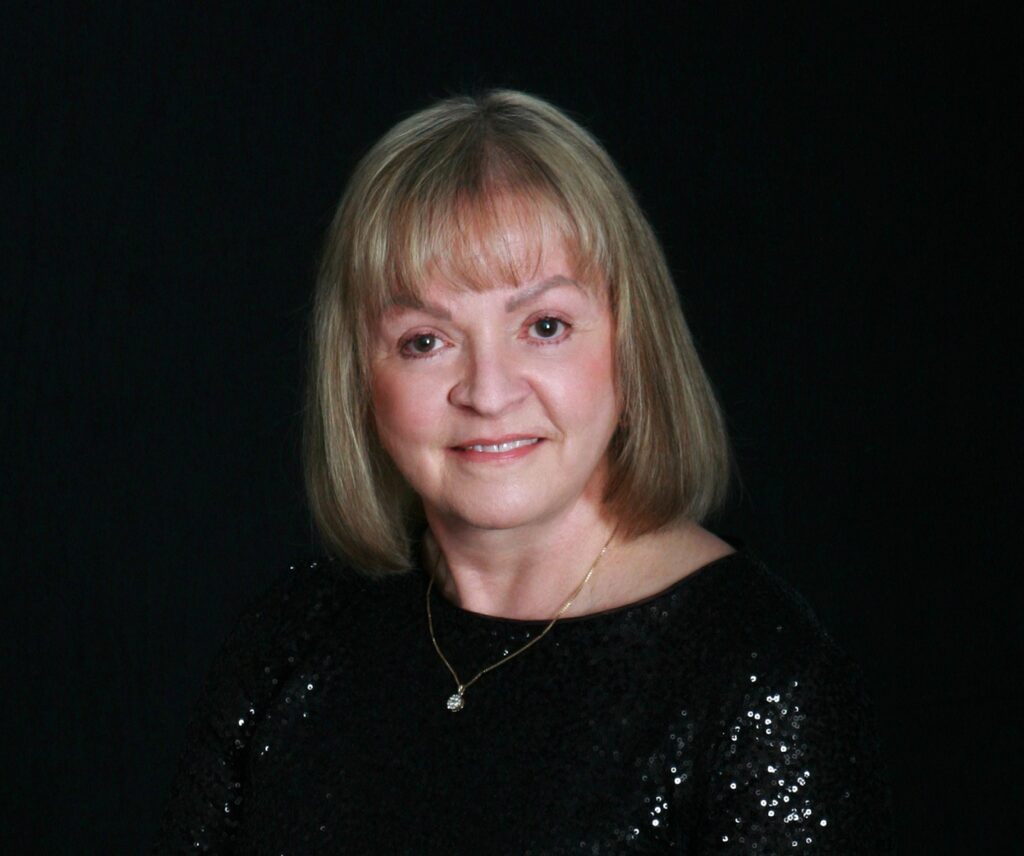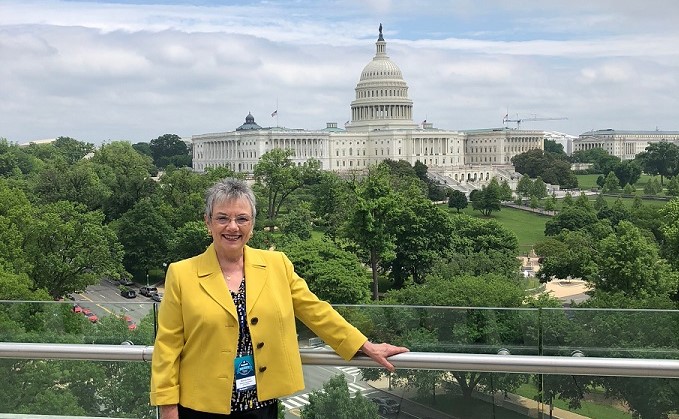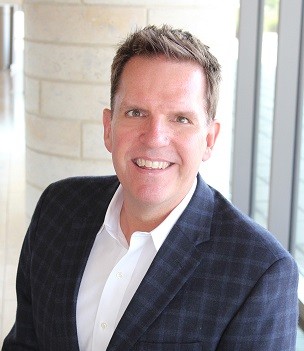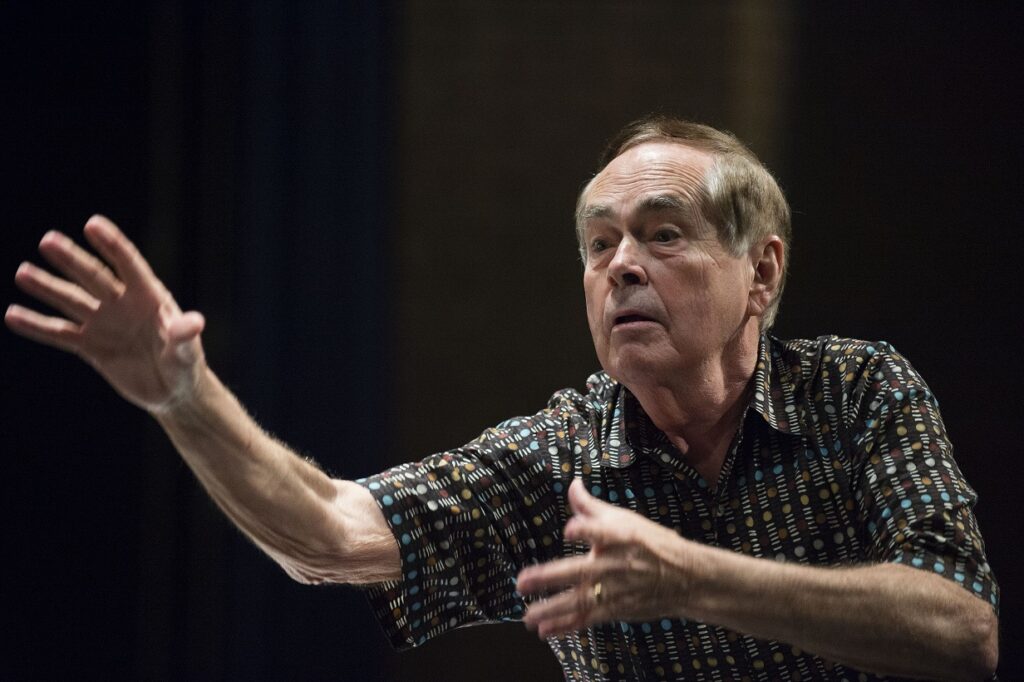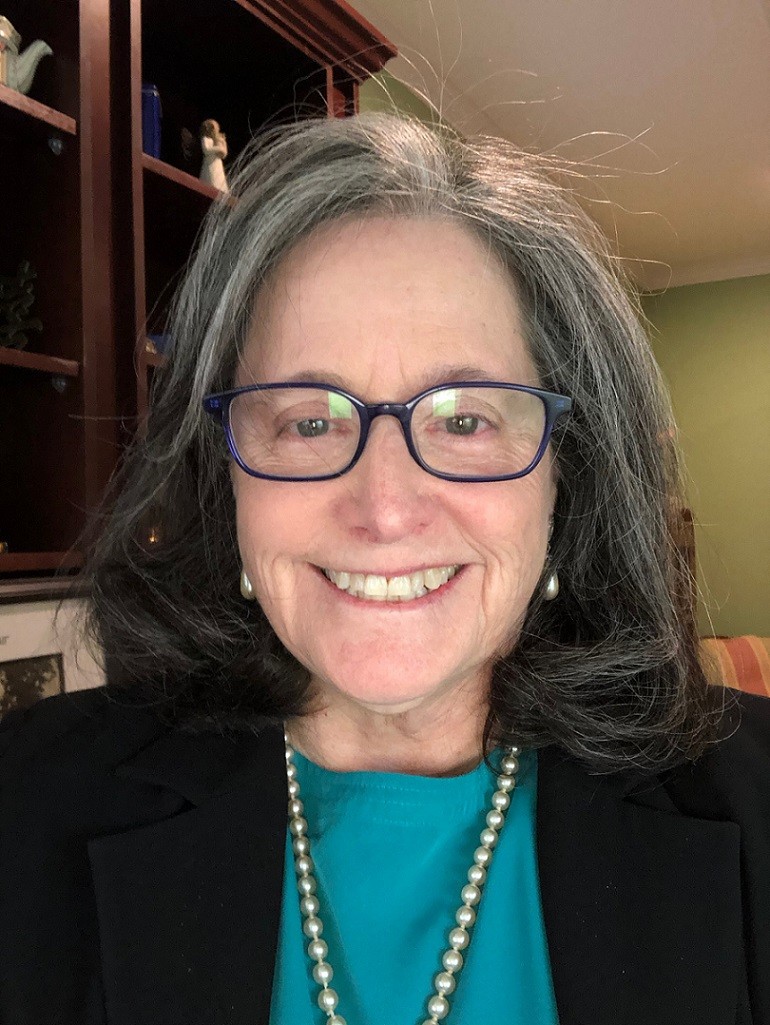Tagged Under:
Q&A with Yamaha Master Educator Daniel Berard
Learn how Daniel Berard “found his place” in music and how he envisions a world where all students are artistically and creatively literate.
Daniel Berard is the Director of Bands at Chatfield Senior High School in Littleton, Colorado. Prior to this, he served at Wakeland High School in Texas, Grain Valley High School in Missouri and Fossil Ridge High School in Colorado.
Berard was part of the team that opened Fossil Ridge in 2004 and oversaw the explosive growth of the award-winning concert and marching band programs there.
A graduate of the University of Wisconsin-Stevens Point and Colorado State University, Berard also led successful programs at Ponderosa and Douglas County High Schools. He is a sought-after clinician, adjudicator and conductor. Berard is also a Yamaha Master Educator.
Q. When did you know that you were going to make music the focus of your professional life?
A. I knew pretty early on in high school when I simply “found my place” in music. My music experiences in band, choir, theater, etc., provided me with a circle of friends, a home and a place to belong, and helped me understand myself and connect me to something larger. I was fortunate to have had incredible teachers and experiences at every level of my music education, and I was able to pursue many opportunities in and out of school.
I discovered so much great music during that time. Everything was interconnected — an album led to an artist who was influenced by so-and-so, and if you liked this then you’re really going to love that, etc.
I didn’t know what I was going to do at the time, but music spoke to me in a way that nothing else in school ever did, so there simply was no way that I couldn’t have music be central to my daily life. I have never regretted that decision for a moment!
Q. What is your favorite guilty pleasure food? 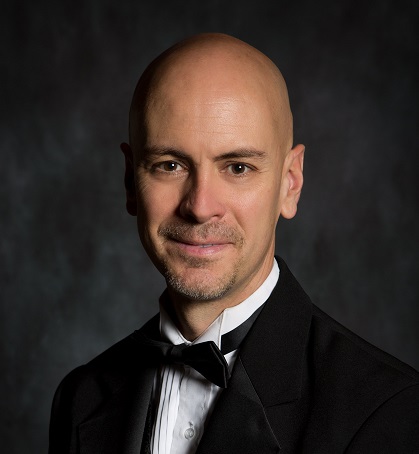
A. A good old Wisconsin Friday Night Fish Fry.
Q. Why is music important to humanity?
A. Because music does exactly that: Helps us understand our humanity. When we understand our humanity, we understand that all that seemingly divides us pales in comparison to what brings us together. It is our humanity that will bring solutions to our problems, and our humanity is understood through the arts.
Q. Other than music, what brings you inspiration?
A. Growing up on a lake in Wisconsin and having spent most of my adult life in Colorado, the beauty of nature has always been a central, inspirational and grounding force in my life. Aside from that, I am inspired by so many things — art, painting, dance, poetry, athletics, film, design — that the list is too long to enumerate. This may sound cheesy, but I find the most inspiration from people who “live their purpose” by relentlessly pursuing their passion with such conviction that you simply can’t deny their authenticity, vulnerability and impact.
Q. Which person from history, dead or alive, would you want to have lunch with and what would you discuss?
A. I would be interested in talking to President Barack Obama and hearing what he has to say about a wide range of topics.
Q. What is the most embarrassing moment of your life that you can share?
A. I called a student by the wrong name for four years! She finally corrected me at graduation. When I told her that I was really proud of her, she finally told me that her name is Catherine not Caitlin. She said that she didn’t have the heart to correct me after the first month or so of her freshman year!
Q. What book is on your nightstand right now?
A. “All the Light We Cannot See” by Anthony Doerr — I love this book — and “Blue Pastures,” a book of poems by Mary Oliver.
Q. What piece of music do you wish you had written and why?
A. My “pop music” answer would be anything by the Beatles. Those songs are timeless and still resonate with people.
My “profound” answer is “Mass” by Leonard Bernstein. It is such an eclectic masterwork, combining so many different elements in such a unique way, spanning from comic and satiric to deeply moving and profound, intimate yet gargantuan. It is one of those works that I always discover something new in and moves me on an intellectual, spiritual and emotional level. The themes also resonate today every bit as vividly as they did when it was composed.
Q. What is your biggest pet peeve?
A. Sitting in traffic.
Q. Why is it important to protect access to music education?
A. Music and arts education is vital, maybe now more than ever, to our understanding of the human condition, the world around us and how we will forge our future. As John Lennon said, “You may say I’m a dreamer,” but I would love to envision an education system where every student is connected to a group of peers, a positive adult mentor and a community of people striving for a common purpose in an environment that promotes understanding, tolerance and acceptance. Students who participate in music on a regular basis have all this.
I believe the solutions to many of today’s problems could come from investing in students who are every bit as creatively, emotionally and artistically literate as we try to get them to be mathematically or scientifically literate in our school systems. Without access to arts education, a vast portion of the human experience is simply cut off from students in our school systems, and so often it is these artistic endeavors that provide the catalyst for success in other areas of school.










